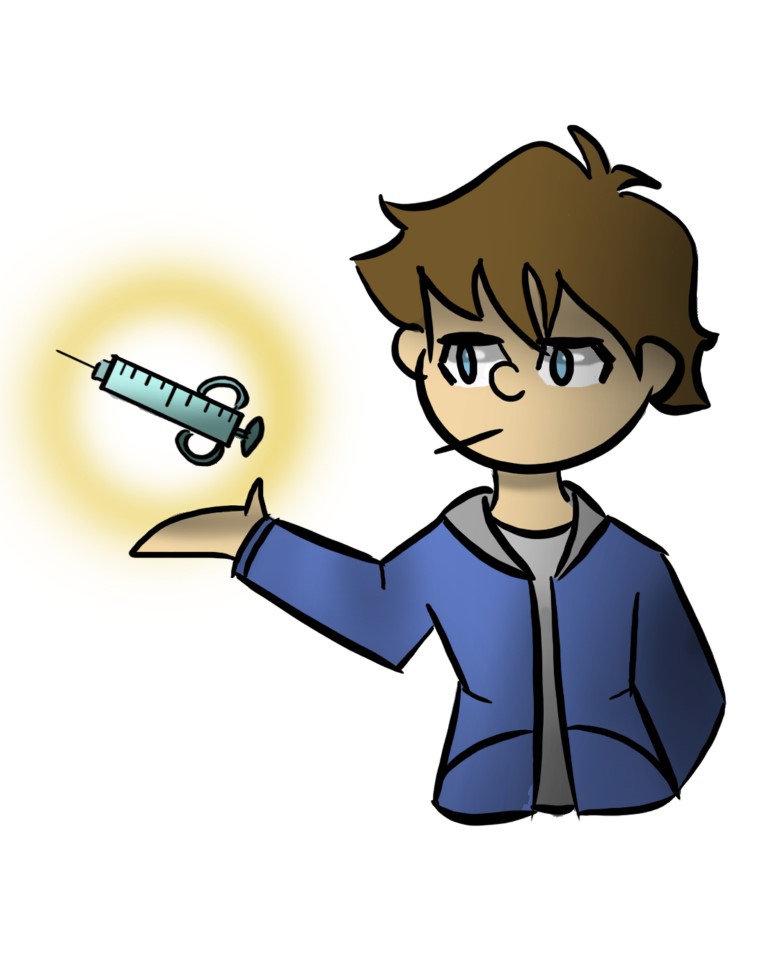
Certified piece of garbage still adored by millions, for some reason
By Jessica Berget, Contributor
Woody Allen has been directing movies for over 50 years. In this time, he has won several Golden Globes, Oscars, and even landed the Cecil B. Demille award for lifetime achievement in 2014. He is one of the most respected directors in the film industry, many of his films have been granted critical acclaim—and oh yeah, he sexually abused his seven year old adopted daughter, Dylan Farrow. If the last sentence didn’t change your perception of Woody Allen films, or if you are holding the position of “Who can really say what happened?” you may want to think again.
It’s been almost 25 years since the accusations against Woody Allen became public. However, looking into his filmography, it’s surprising these allegations didn’t come to light sooner. Remember in Manhattan when his 42-year-old character was dating a 17-year-old girl? Predatory relationships are a recurring theme in Allen’s films such as Irrational Man, Midnight in Paris, and Whatever Works. That fact alone should creep anyone out to the point of never wanting to watch another Woody Allen movie again. But sadly, we live in a society that normalizes the fetishization of young women, so this wasn’t exactly a red flag.
The themes in his films don’t just stay on the screen—they extend to his real life marriage. Twenty-three years ago he married his adopted step-daughter Soon-Yi Previn when she was just 21 years old, and he was 56. Yes, this marriage was legal and she is a fully consenting adult, but how can anyone validate a relationship with such a vast gap in power dynamics? Allen knew Soon-Yi as a child, and watched her grow up. The fact that Allen is comfortable marrying someone so much younger than him—and whom he is a father figure to—speaks volumes about his morals. After considering his marriage to his adopted daughter, child molestation suddenly doesn’t seem so impossible. Even with prior knowledge to this, people continue to praise and support his films. But why? Supporting the work of an alleged rapist only reaffirms their actions and normalizes their behaviour. It also says to the victim, or any victims of assault, that the abuser’s art is more valuable than their lives.
I used to be a Woody Allen fan, I admit. Even when I first heard about the allegations I rolled my eyes. “She’s just looking for attention,” I told myself. At the time, I had no idea how toxic and deeply misogynistic my line of thinking was. It wasn’t until 2014 that I took these allegations seriously, when Dylan Farrow published a shocking letter recounting the sexual abuse she endured as a child at the hands of Woody Allen. After reading her letter it was hard to justify defending Allen as a person, or an artist.
There are some important things to take into account when considering the investigation of Woody Allen. First, it was an unwritten rule that Allen was not to be left alone with Farrow. He had a history of being inappropriate with her, even obsessed. Second, Farrow’s claim of abuse is consistent with the stories of three other people who were present the day of the assault. And third, the case was closed because the evidence was inconclusive. This does not mean Woody Allen didn’t do it: It just means there wasn’t enough evidence to convict him.
There are still those who insist that you can separate the art from the artist, which is just as toxic, if not worse than believing he is innocent. Separating the art from the artist just makes it easy to continue celebrating and supporting abusive men. At the end of the day, you are still giving your money to a rapist.
Why is this even a debate? Woody Allen sexually abused his seven-year-old daughter, then married his adopted step-daughter, and people are still watching his films. What kind of society do we live in where we would rather tell ourselves a seven-year-old girl was lying about rape for attention, than think badly of Woody Allen? Was Annie Hall really good enough to value over a person’s life? Not in the slightest.
